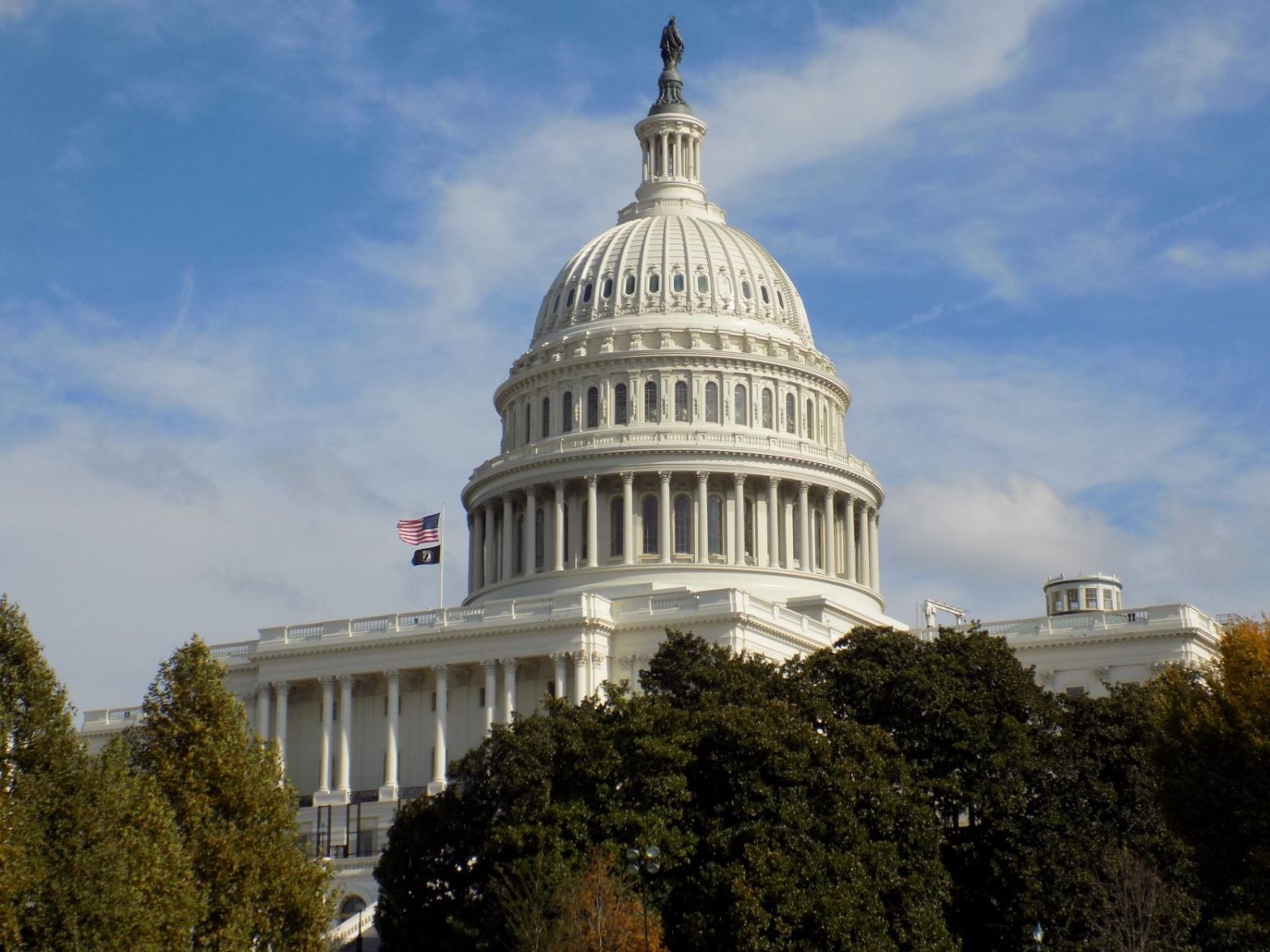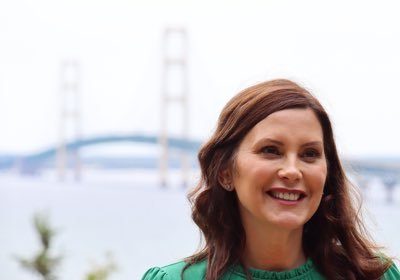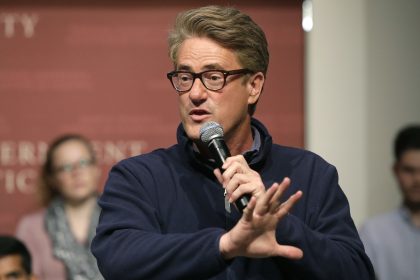What Americans Really Want From Government
COMMENTARY

A new poll from Gallup shows that a majority of Americans think the government is trying to do too many things that should be left to individuals and businesses.
What’s more, except for one brief point of time during the COVID-19 pandemic, Gallup’s data shows this has been the prevailing attitude of Americans for the last 30 years.
There is a large collection of data sources that back up the finding that Americans are skeptical of big government.
Only 16% of Americans trust the government to do what is right “just about always” or even “most of the time.” Recent polling from State Policy Network, where I am a fellow, shows that most voters, including a majority of Democrats, believe the federal government has too much control over our day-to-day lives and too many of our laws are regulations made by unelected agency officials in Washington.
Additional Gallup data shows that three in five Americans believe their federal income taxes are too high.
But there is an equal body of data showing that Americans like specific big government programs they rail against in general. KFF polling shows the vast majority of Americans are favorable toward big government programs like Medicaid, Medicare, Social Security and the Affordable Care Act — programs that greatly increase the role of the federal government in health care.
And in the same survey, while 60% of Americans said the U.S. government spends too much, majorities also said that we spend too little on education, infrastructure, assistance to the poor, border security, child care assistance and drug rehabilitation.
This confusing contradiction has been around for a while. Social scientists Lloyd Free and Hadley Cantril wrote about this paradox of wanting both more and less in their 1967 book “The Political Beliefs of Americans.”
Despite being a well-known phenomenon for over 50 years, little progress has been made on creating the political party or identity that balances these two ideas.
It’s not surprising then that looking at long-term data on American satisfaction, there is no clear relationship between happiness with the nation’s trajectory and new major government initiatives.
The Reagan tax cuts were a mixed bag, with happiness trending up after the 1981 cuts and down after the next round in 1986. Clinton’s welfare reform reduced the role of government and satisfaction went up, but he also created a new government subsidized health insurance program, the Children’s Health Insurance Program, a year later and satisfaction continued to increase. Satisfaction during the COVID years went up and down as Americans wrestled with their desire for more action and less intrusion from the government.
It seems people are happiest when things are simply working — the economy is strong (or at least not faltering) and domestic scandals and international crises are mostly at bay. They can be swayed on the particulars, namely if government or the private sector takes the lead.
Put another way, people want the problems of life solved by whatever entity is actually going to solve them.
It might be tempting to look to a powerful government to solve those problems for us, but time and time again the public sector proves it is not up to the task. Our current government has spent the last three weeks electing a speaker after it ousted the last leader over a personal grudge, likely meaning it will miss the deadline — again — to do its primary job of passing a budget.
Major political victories, like No Child Left Behind and the Affordable Care Act, failed to drastically improve education or health care after plenty of time to work out implementation challenges.
In fact, many of the problems government works to solve today are reforming bad and burdensome laws currently on the books.
Yet problems persist because the private sector sees no reason to tackle big societal problems, approaches them in a way that is more focused on corporate gain than the people, or is hamstrung by existing government regulations.
The new Gallup poll breaks down views on whether the government should do more or leave more to the private sector by partisan affiliation.
As expected, there is a huge partisan divide, with Democrats clamoring for government to do more and Republicans looking to transfer power from Washington to individuals.
Both parties believe the nation is on the cusp of a long-term shift in how Americans view government, and both are desperate to win the hearts of the American people that will let them create their vision of modern America.
It is unclear which side will prevail, but it will certainly be the one that figures out how to stop bickering internally long enough to actually solve some problems.
Erin Norman is the Lee Family fellow and the senior messaging strategist at State Policy Network. Prior to joining SPN, Erin was a senior solutions consultant with Heart+Mind Strategies, building strategic communications plans and targeted audiences from survey and secondary research. She also has experience in campaign polling at the local, state and federal levels, and in voter and consumer micro-targeting using predictive analytics. Erin holds a master’s degree in Public Policy from The College of William and Mary, with a focus on econometrics, and a bachelor of science degree in Business Administration from Boston University. She can be reached on X.
























